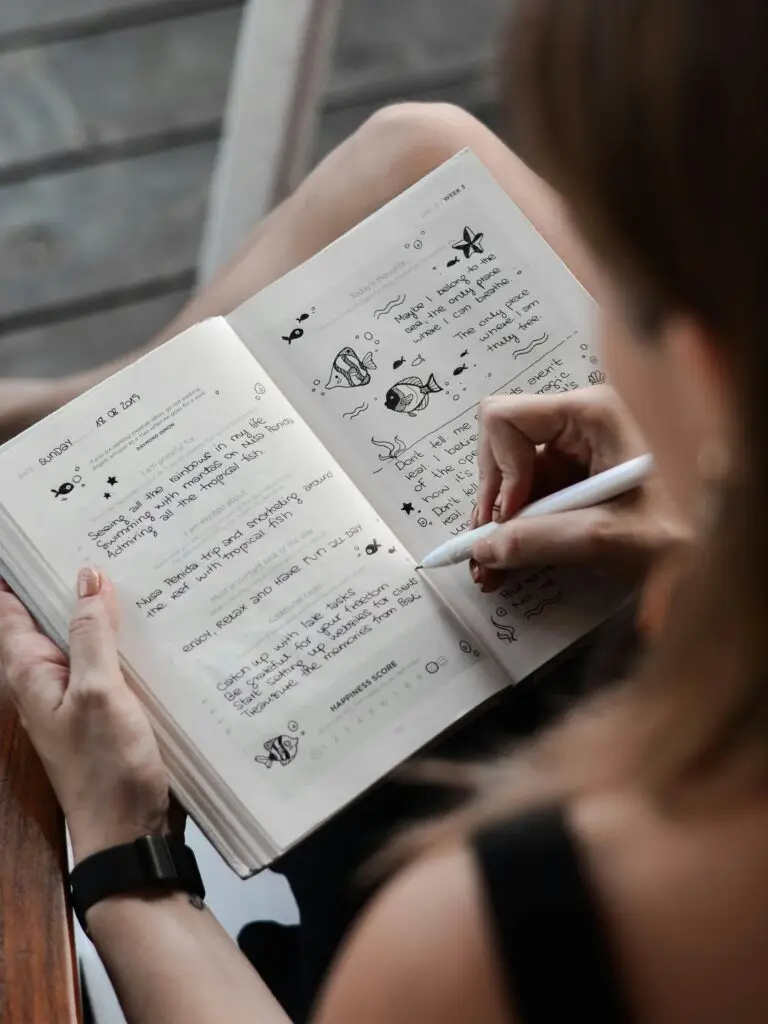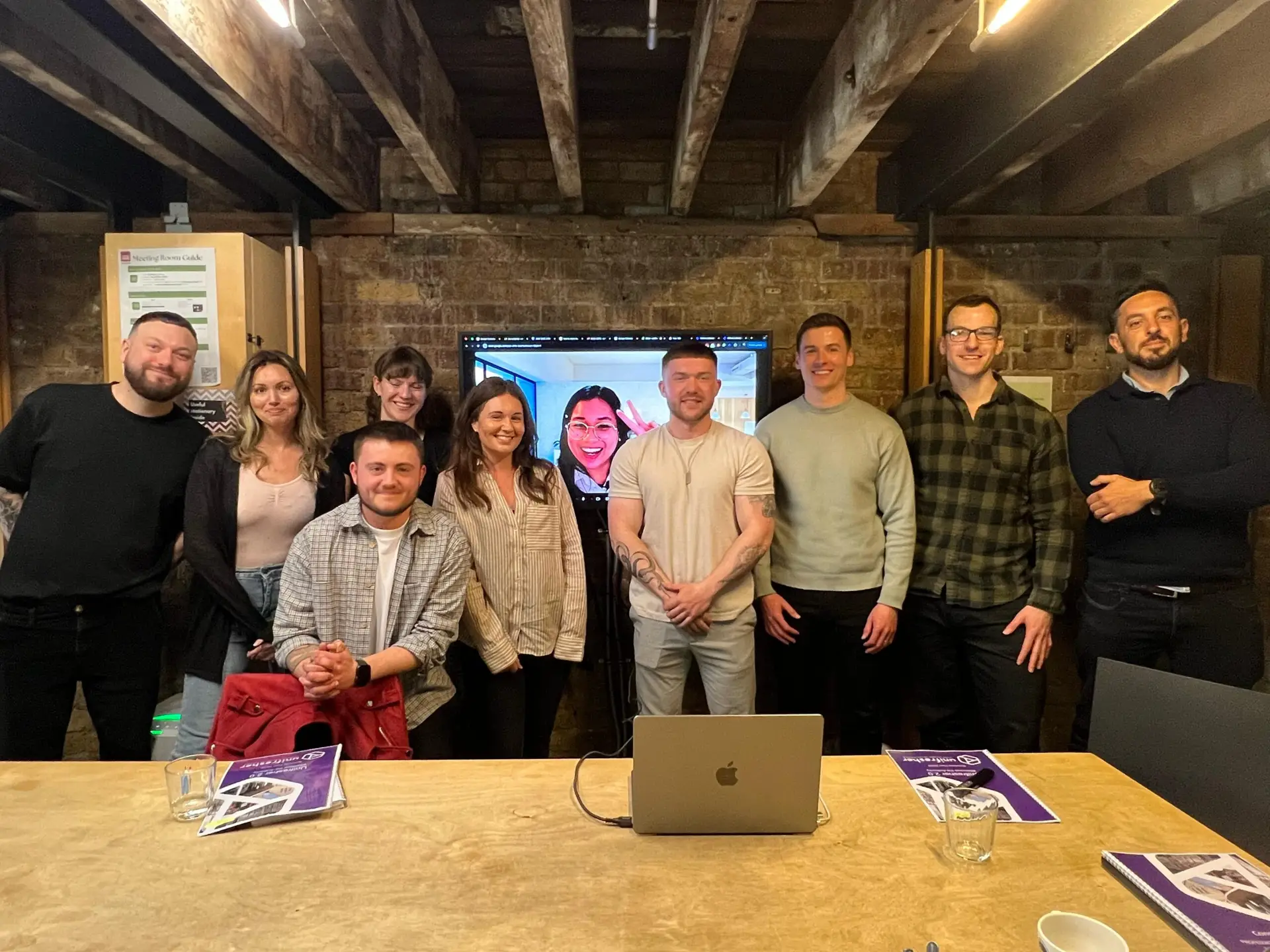As an English Literature student who does several creative writing modules, the question “what is creative writing?” has popped up several times in conversation with people. People often assume creative writing is just writing a novel or composing a poem, but it’s so much deeper and exciting than that. Studying creative writing has given me a much bigger appreciation for storytelling, language, and form. I’ll break down what creative writing really is, and what you can learn from a course in creative writing!
What is creative writing?
Creative writing is a form of writing that uses imagination, originality, and expression to tell stories, evoke emotions, and communicate ideas beyond the boundaries of conventional academic or technical writing. Whether it’s through fiction, poetry, screenplays, or memoirs, creative writing allows writers to explore the human experience with style and voice that is uniquely their own.
Creative writing is any form of writing that emphasises narrative craft, character development, and the use of literary tropes or with various traditions of poetry and poetics. Unlike journalistic or technical writing, creative writing is guided more by the writer’s self-expression than by factual reporting or functional communication.
Forms of creative writing includes:
- Fiction (novels, short stories)
- Poetry
- Drama (plays, screenplays)
- Creative nonfiction (memoirs, personal essays)
Creative writing vs other types of writing

Creative writing differs significantly from other forms of writing in both purpose and style. Its main aim is to entertain, inspire, or provoke thought, and it often takes a narrative or expressive form, characterised by stylised language. Common examples include novels, poems, and short stories. In contrast, academic writing is designed to inform or present an argument. It typically follows a formal and structured style, as seen in essays and research papers. Technical writing, on the other hand, focuses on instructing or explaining processes and information in a concise, factual, and functional manner—think manuals and user guides. Lastly, journalistic writing seeks to report the news with clarity and objectivity, using a straightforward and factual tone, as found in news articles and reports.
Creative writing prioritises emotional truth, storytelling, and voice over strict adherence to factual accuracy or formal structure.
Creative writing techniques
Creative writers use a range of literary techniques to craft compelling narratives:
Imagery: Using vivid language to create mental pictures. For example:
‘In the hard-packed dirt of the midway, after the glaring lights are out and the people have gone to bed, you will find a veritable treasure of popcorn fragments, frozen custard dribblings, candied apples abandoned by tired children, sugar fluff crystals, salted almonds, popsicles, partially gnawed ice cream cones and wooden sticks of lollipops.’ – E.B. Webb (Charlotte’s Web)
Metaphor and Simile: Comparing one thing to another for symbolic effect. My favourite example is by T.S. Eliot.
“I have measured out my life with coffee spoons” – T.S. Eliot, “The Love Song of J. Alfred Prufrock”
Dialogue: Writing conversations that reveal character and advance the plot.
Characterisation: Building believable, complex characters.
Experimentation is common in creative writing, and writers often bend or break traditional rules to achieve a desired effect.
See here for our day in the life of a creative writing student.
What do you learn in a creative writing course?
Creative writing courses provide both theoretical and practical training. Topics often include:
There tend to be a variety of lectures that inform you on structure, genre, editing and so on and so forth. Lecturers will also set reading for you to do in order to inspire you and give you examples of different techniques and genres.
A key part of a creative writing course is writing. You’ll be attending workshops to be able to produce work and have it peer reviewed in real time, classmates will be able to offer you feedback in class and so will your lecturer.
Universities often
Students also study major authors and literary movements to learn from established voices.
What jobs do creative writers have?
While many envision novelists or poets, creative writing skills apply to a wide range of careers:
- Author or Novelist
- Screenwriter or Playwright
- Content Writer/Copywriter
- Editor
- Journalist
- Creative Writing Teacher
- Ghostwriter
- Grant or Proposal Writer
I won’t go into too much detail on these, but you can read here to see how to get work experience in creative writing.
Creative writing fosters storytelling, empathy, and communication skills that are increasingly valued in industries ranging from entertainment to education to business.
Authors
-
I'm a BA English Literature student at Chester University! I enjoy writing a mix of poetry, short fiction, and journalism– I'm a featured poet in a handful of anthologies.
View all posts
-
Connor is a seasoned content expert at Unifresher, specialising in publishing engaging and insightful student-focused content. With over four years of experience in data analysis and content strategy, Connor has a proven track record of supporting publishing teams with high-quality resources. A graduate of the University of Sussex with a BSc in Accounting and Finance, he combines his academic background with his passion for creating content that resonates with students across the UK. Outside of work, Connor enjoys staying active at his local gym and walking his miniature dachshunds.
View all posts





